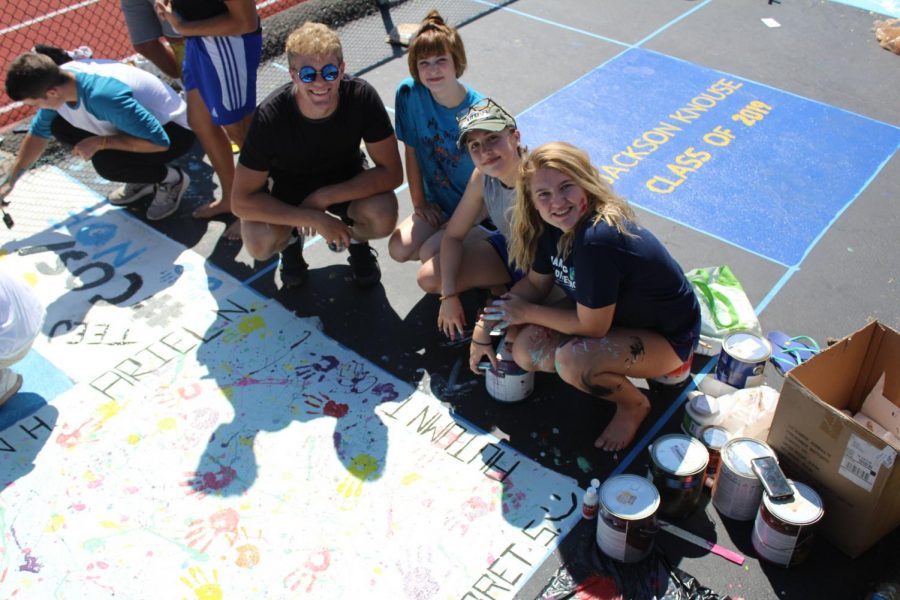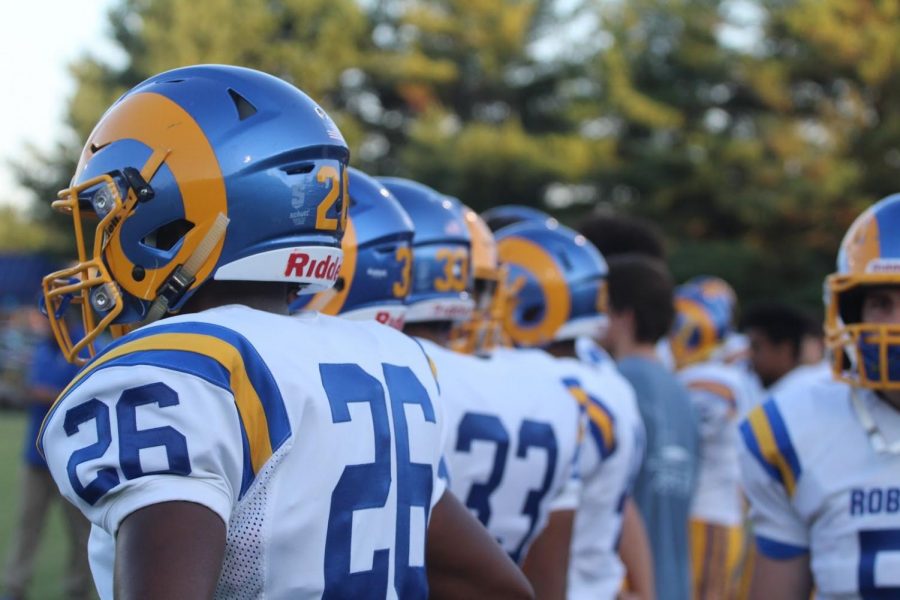As Election 2012 draws nearer, students have a clear choice to make. No, this choice is not just between President Obama and Governor Romney, but between following these campaigns and avoiding politics at all costs.
Junior Josh Yoo said he does not pay attention to politics because they do not interest him, and he feels there is little reason to follow them.
“Even though politics can be important if money is involved, I don’t really care about the election because it is not really entertaining to me,” Yoo said.
Senior Peter Chung said he believes there are not many ways to make a political difference, and, because of this, he does not closely follow politics.
“At this age, young adults don’t pay much attention because it isn’t easy for them to get involved,” Chung said. “I might consider involving myself if there were more options.”
Government teacher William Crawford said student apathy toward politics is a possible result of politicians not focusing on issues that resonate with young adults.
“There is a self-fulfilling prophecy surrounding student disinterest in politics,” Crawford said. “Some young people will not vote because they do not care about the main topics of the election. As a result, politicians don’t feel the need to discuss topics that will interest young people, who they know will not vote. Instead, they’ll focus on the issues older voters are more interested in at the expense of younger voters.”
Junior Kelli Osgood said some students might avoid politics for other reasons besides apathy. She said she believes students care about politics, but avoid discussing them because of the disagreements they can cause between friends.
“I think that people who don’t care about politics say they don’t care because they don’t want to get into any drama,” Osgood said. “They say they are undecided, but behind closed doors, they do have an opinion.”
The rise of social media has given students access to an unprecedented level of political information and misinformation. Junior Natalie Davis said she believes students become reluctant to follow politics when this online coverage spreads to Facebook and Twitter.
“Social media plays a role in people being afraid to share an opinion,” Davis said. “On Twitter, everyone fights about politics and people call each other ignorant for having opinions. I think people don’t care about politics because they feel their opinion doesn’t matter, especially if they can’t vote or if they are worried about what other people will say.”
Government teacher David Hemenway said, because students can educate themselves through the Internet with ease, political apathy is not acceptable.
“Even with just a little research, any student can find at least one political issue that they care about,” Hemenway said. “I don’t recommend interest in just a single issue, but one issue can build and motivate students to learn more about other ones. In some cases, this could lead to a monumental life change, if a student finds a political career that interests them, for example.
Though Crawford said students might not think their attention or their vote can impact the outcome of the election, Hemenway said this could definitely be the case.
“A lack of motivation from students on a large scale can take votes away from either candidate and swing the election toward the other,” Hemenway said. “Because of this, good citizens ought to know what is going on. Oftentimes, students use apathy as an excuse not to follow politics, but because of the vacuum of knowledge this can create, this is no excuse at all.”




